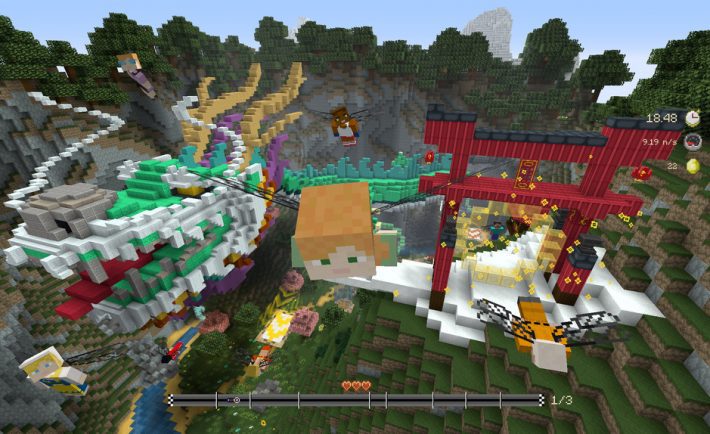
More than a billion players worldwide. Legendary titles such as Minecraft, Candy Crush Saga, and Battlefield have all been developed in Sweden? A booming industry with numbers that keep soaring: from 2015 to 2019, the number of companies rose by 87%, revenue by 84%, employees (globally) by 131%. There are even more attractive sides to it, so find out more about them if you are curious. The booming Swedish games industry can boast some big names such as Mojang, King, and EA DICE. Those in the know will tell you that the real driving force behind the Swedish gaming miracle is a competent and creative workforce.
Sweden Sets Itself Apart
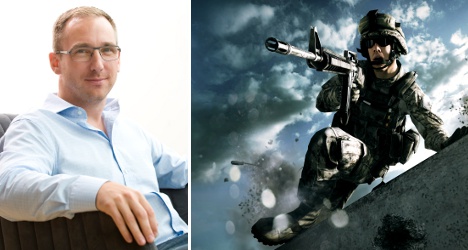
“In Sweden, we make technically competent and well-designed products. In games, aesthetics and technology meet, and we’ve got strong competences in both engineering and design,” is the opinion expressed by Martin Lindell, a games industry pro currently working at Raw Fury, and also serving as a consultant for the powerful Embrace Group.
Understanding the roots of the Swedish success story requires going back to the early 1980s. At that time, the big players of the fledgling video games market came mostly from Japan, the US, and the UK. The odd Swedish developers were focused on their limited domestic market. Then a specific subculture emerged and was soon dubbed “the Demo scene.” Programmers were using the early home computer models such as the Commodore 64 and Amiga to develop their programming skills. They then showed them off on audio and video shows. This was the dawn of future Swedish big players on the international scene. “Several of today’s major companies in Sweden were started by people active in the Commodore and Amiga Demo Scene,” Martin Lindell remembers. He quotes Digital Illusions (now DICE) as an example. Four friends from the Demo scene released the cult hit Pinball Dreams in 1992. The hugely successful Battlefield franchise followed suit.
Rock Solid Gaming Foundation
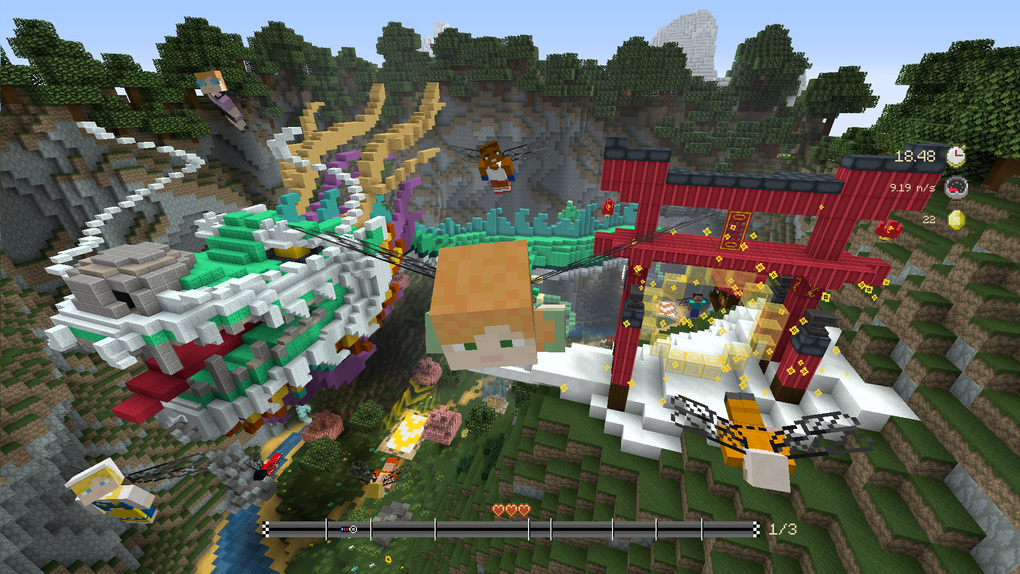
“DICE represents the foundation of Sweden’s success in games”, Lindell says. “Markus Persson, the founder of Mojang and creator of Minecraft, has come to symbolize the resulting exponential growth of Swedish game industry.”
There is more to it. “Game development doesn’t take place in a vacuum,” says Per Strömbäck, spokesperson for trade organization Swedish Games Industry (Dataspelsbranschen). “It is part of a broader context consisting of gamers, e-sport competitors, DreamHack-type festivals, YouTubers, and so on. And Swedes are at the top across that spectrum.” Take the case of Swedish YouTuber PewDiePie, for example, who can boast a staggering audience with more than 95 million subscribers. Or the world’s largest digital festival, DreamHack, another Swedish creature. When it comes to e-sports, Sweden has several players in the world elite. The country is the second-largest e-sport market, a mind-blowing fact if you consider its small population of little more than 10 million souls.
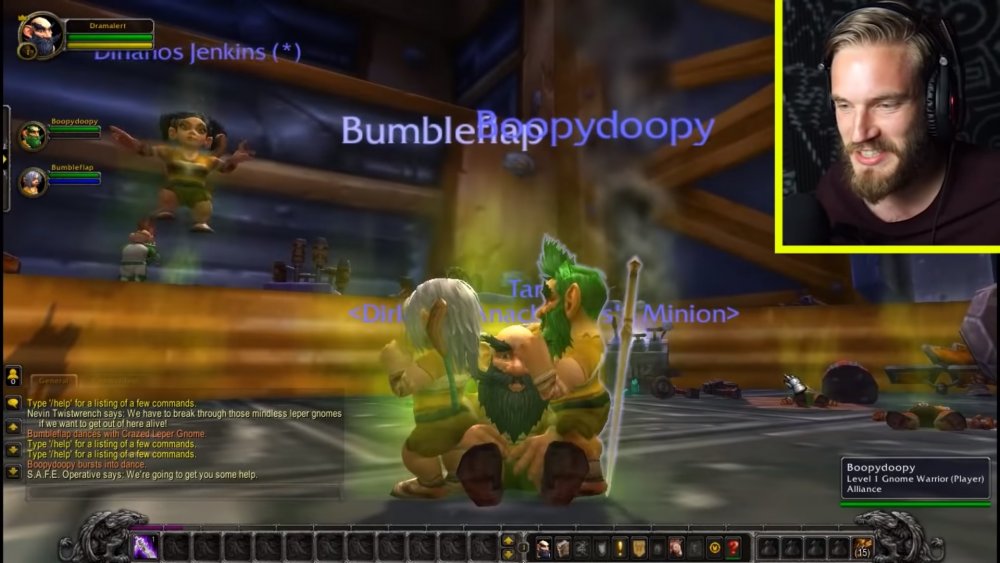
Generational Gamers
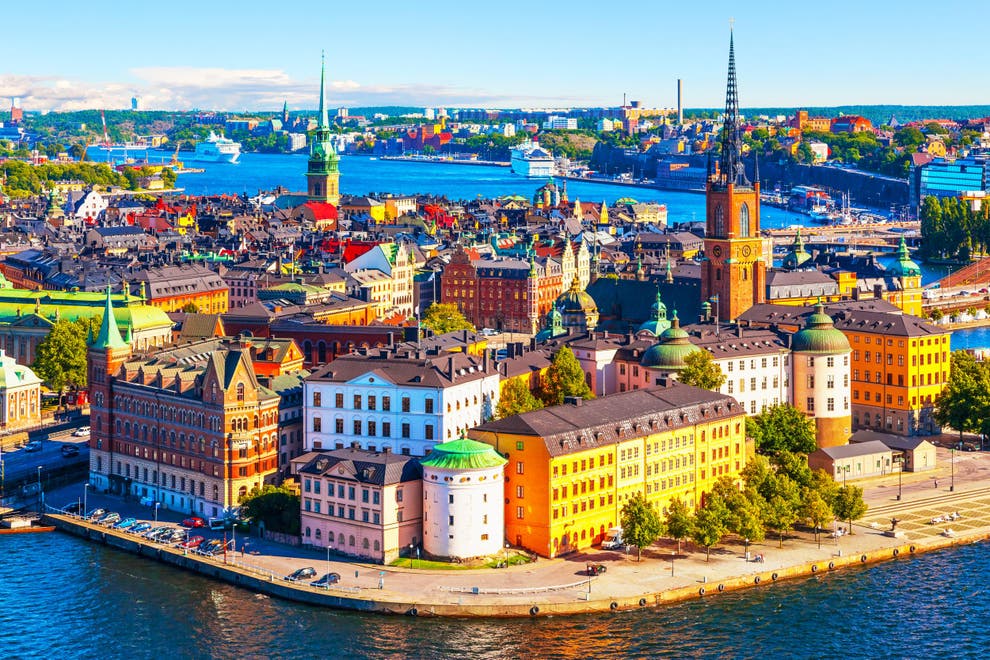
Computer literacy may well be the determinant, as it started already in the 1980s with the first Commodores computers. In 1998, a government and union initiative that used subsidies and tax incentives allowed employees to lease personal computers at affordable prices with an option to buy. Add the importance that the Swedish government has always given to a good education and its efforts to make the internet accessible to everyone, and “lousy weather,” according to Strömbäck, because “when it’s grey outside, you might as well work. There’s nothing better to do.”




